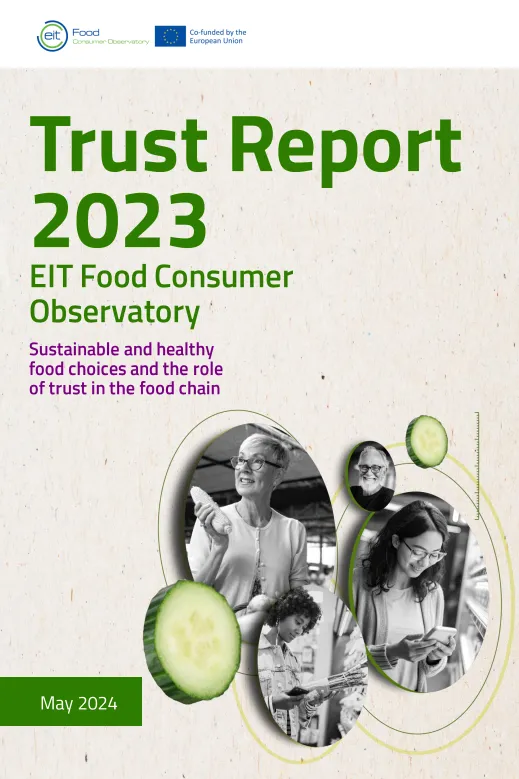This report by Ipsos MORI and the British Behavioural Insights Team (who work on behavioural change and nudge-type policies) looks at how our behaviour is largely influenced by what we think others are doing. The international study based on research from 6 countries (UK, USA, Canada, Australia, France and Germany) shows that people in the UK often overestimate the bad behaviours of other people. It says that British people often think more people are avoiding tax than is really the case, and that they think that more people eat more than the recommended daily amount of sugar than really do.

In the area of food the research showed that 86% of people in the UK think that government should make food producers and shops promote healthy choices. But a majority (53%) also agreed that governments should not get involved in what people choose to eat.
The full survey findings were released on Thursday 3rd September at a major conference of behavioural scientists and policy makers in London being hosted by the Behavioural Insights Team (Behavioural Exchange 2015).
Bobby Duffy, Managing Director of the Ipsos MORI Social Research Institute and Global Director of Ipsos Social Research Institute explain why these results are important:
“This survey raises an important challenge for governments and others trying to influence behaviour. The public across countries have clearly got the message that we’re eating too much sugar, not exercising enough, not saving enough for retirement. But we now think these behaviours are much more common than they really are. We need to find a better balance between explaining the scale of an issue and not making it normal."
David Halpern, CEO of the Behavioural Insights Team, which worked with Ipsos MORI on the questions for the survey, said:
“…this survey has important implications. We underestimate how virtuous our fellow citizens are, and this really matters. If we think others are cheating, not saving enough, or not eating healthily, then we’re much more inclined to do the same ourselves. Our perception of others’ behaviours is often way out of line with reality, and this has consequences for what we ourselves do”.
Read about the research here and see some further coverage here. You can read more in our research library category on behaviour and practice, consumer perceptions and preferences as well as by typing in the keyword ‘Nudge’ in our search box.




Comments (0)